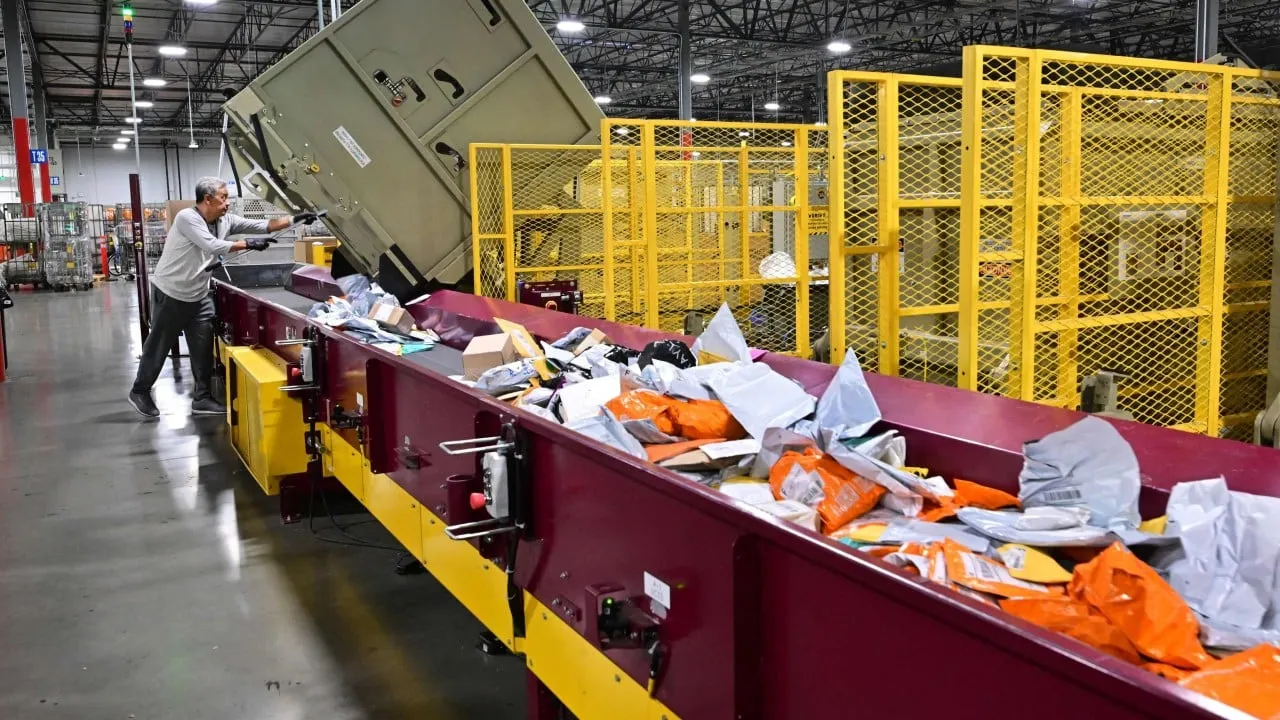E-Commerce Struggles Under US Tariffs: Price Hikes Loom for Online Sellers

Cross-Border E-Commerce Faces New Challenges
Chinese merchants selling to US customers online are looking to raise prices to offset the new tariffs imposed by the Trump administration and rising shipping costs after the United States Postal Service (USPS) temporarily stopped receiving parcels from mainland China and Hong Kong this week.
A merchant surnamed Gu, who sells on Amazon.com and PDD Holdings-owned Temu, reported increased charges from her cargo service provider. She noted a 35% rise in costs for textile shipments and a 25% increase for other products to cover tariffs and customs clearance. Gu is currently discussing with her business partners about potential price hikes.
Impact of Tariffs on E-Commerce
Cross-border merchants like Gu face new challenges in selling to American shoppers after US President Donald Trump raised tariffs on Chinese goods by 10% and eliminated the “de minimis” exemption.
- The de minimis policy allowed small packages worth less than US$800 to enter the US duty-free, aiding the growth of China’s cross-border e-commerce industry.
- Nearly half of all packages shipped under de minimis came from China.
- Removing the exemption means that goods from platforms like Temu and Shein are subject to US duties on imports, which already exceed 20% in some industries.
According to reports, cross-border e-commerce has significantly contributed to China's export sector, with a 10.8% increase in e-commerce exports last year to 2.63 trillion yuan (US$366 billion).
Logistics and Future Outlook
USPS has reversed its earlier decision to suspend shipments from mainland China and Hong Kong, ensuring minimal disruption. Logistics companies like DHL are working closely with clients to adapt to these changes and mitigate impacts on the supply chain.
The uncertainty surrounding the Trump administration's implementation of the new tariff rules continues to weigh on the cross-border e-commerce community. Merchants express concern regarding customs declaration processes and anticipate effects on pricing strategies in the coming weeks.
This article was prepared using information from open sources in accordance with the principles of Ethical Policy. The editorial team is not responsible for absolute accuracy, as it relies on data from the sources referenced.